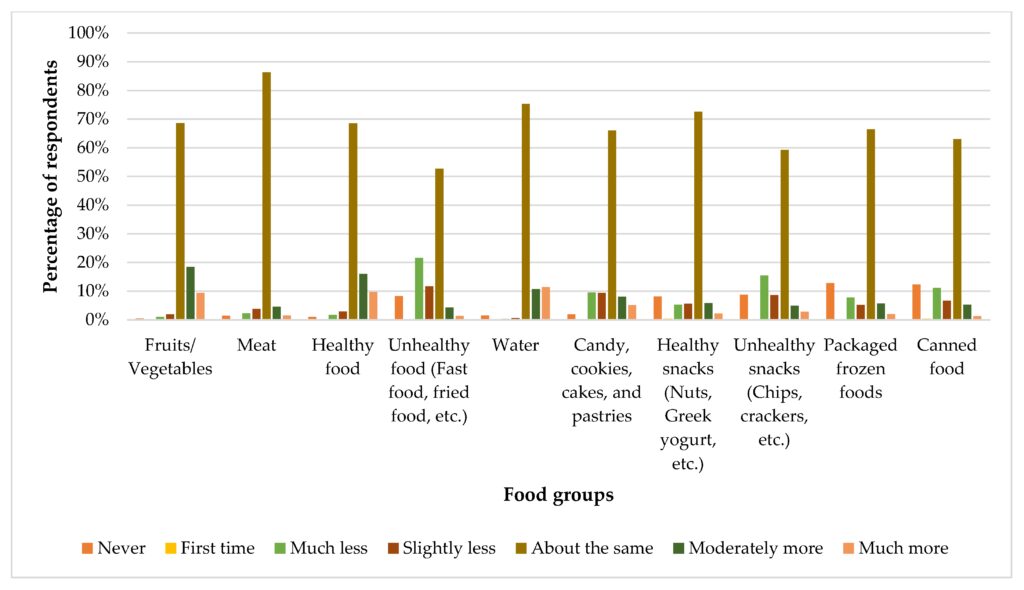The culinary industry has a significant negative impact on the environment, but sustainable food practices are promoting a more eco-friendly culinary culture. The Slow-Food movement, which originated in Italy, celebrates the cultural and social value of food and promotes the use of local, seasonal, and organic ingredients, as well as traditional cooking methods. Slow-Food restaurants use sustainable ingredients and promote fair labor practices and animal welfare, while Slow-Food certification ensures sustainability and ethical practices. Celebrity chefs like Jamie Oliver and Alice Waters promote eco-friendly practices and consumers can support sustainability by choosing locally sourced and organic ingredients and supporting restaurants and food producers that prioritize sustainability.
Sustainability and Slow-Food: Moving Towards a More Conscious Culinary Culture
The Importance of Sustainability in the Culinary Industry
The food industry has a significant impact on the environment, with the production and transportation of food contributing to greenhouse gas emissions, water pollution, and soil degradation. Sustainable food practices aim to reduce these negative impacts and promote a more eco-friendly culinary culture.
The Rise of Slow-Food
Slow-Food is a movement that originated in Italy in the 1980s, promoting the use of local, seasonal, and organic ingredients, and traditional cooking methods. Slow-Food celebrates the cultural and social value of food, and encourages the preservation of local culture and biodiversity.
Slow-Food Restaurants and Certification
Today, the Slow-Food movement has spread to over 150 countries, and has become a symbol of quality food and ethical practices. Slow-Food restaurants use locally sourced and sustainable ingredients, and promote fair labor practices and animal welfare.
Slow-Food certification also ensures that products meet a minimum standard of sustainability and ethical practices. The Slow-Food motto, “good, clean, and fair,” reflects a commitment to quality, environmental responsibility, and social justice.
Celebrity Chefs and Sustainability
Celebrity chefs have also recognized the importance of sustainability in the culinary industry, and have become advocates for eco-friendly practices. Chefs like Jamie Oliver and Alice Waters promote local, seasonal, and organic ingredients, and use their influence to raise awareness about issues like food waste and climate change.
The Role of Consumers
Consumers also play a crucial role in promoting sustainability in the culinary industry. By choosing to buy locally sourced and organic ingredients, and supporting restaurants and food producers that prioritize sustainability, consumers can help create a more conscious culinary culture.
Conclusion
Sustainability and Slow-Food are key components of a more conscious culinary culture, promoting quality, eco-friendliness, and social responsibility. By embracing these principles, chefs, restaurants, and consumers can make a positive impact on the environment and create a more sustainable future for the food industry.
